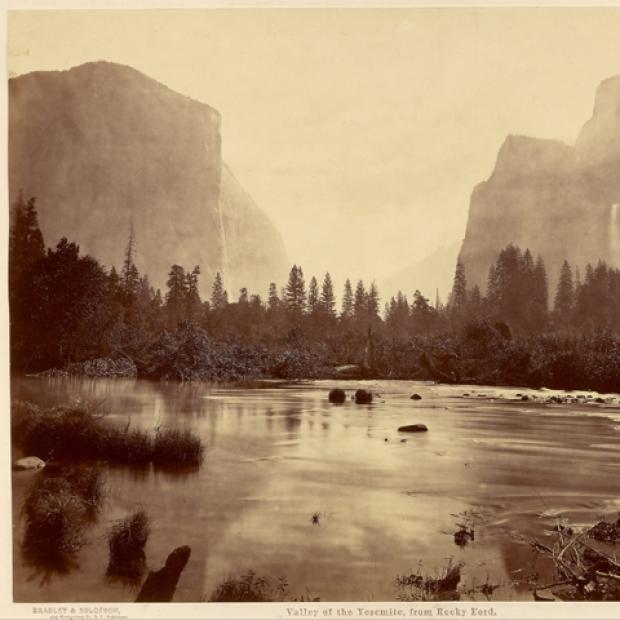The Mevleviye, a Sufi order with a tradition going back to the thirteenth-century mystic Jalal al-Din Rumi, was an intellectual and spiritual centre of attraction to (mostly, male) members of the Muslim Ottoman elite; even some Ottoman rulers were affiliated with it. Moreover, the field of activity the Mevleviye covered was more or less congruent with the Ottoman Empire; while it was well represented in all big and quite a number of smaller urban centres of the Ottoman realm it did not reach out to Central Asia or the Indo-Iranian world. Thus, the Mevlevis constituted a network of actors that was ingrained in the structure of the Ottoman polity. In recent years, a lively debate on the character of the Ottoman Empire has been going on among historians of the early modern era (the discussion continues also with regard to the time of reforms and modernity, but is of secondary importance for this presentation). The question of how the Ottomans managed to administer territories of a remarkable geographical, linguistic, religious, ethnic and socio-political diversity has been in the foreground of this discussion. A collective biography of Mevlevi poets, the Tezkire-i Șuara-yı Mevleviye by Esrar Dede, compiled at the end of the eighteenth century in the Mevlevi convent of Galata just outside the Ottoman capital, allows to look into some of the details that made this network function as a bearer of elite “Ottomanness” and as an integrating force in different settings. Looking at the “careers” of 18th century Mevlevi poets, at the character of their work and the network of convents helps to understand, how this dervish order was one important of quite a number of structures that produced a cultural, social and even political sphere that helped to hold up the imperial framework





